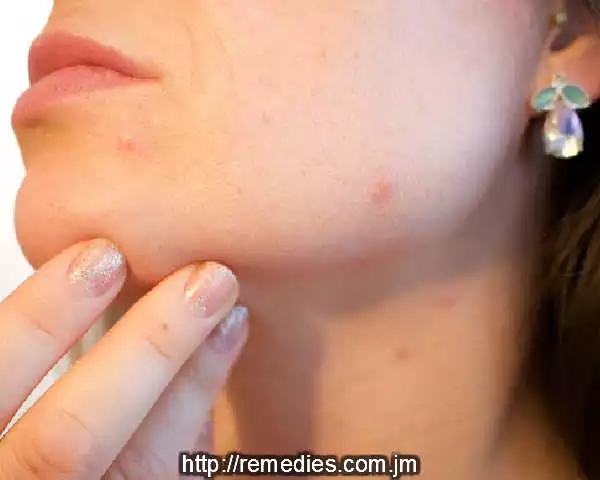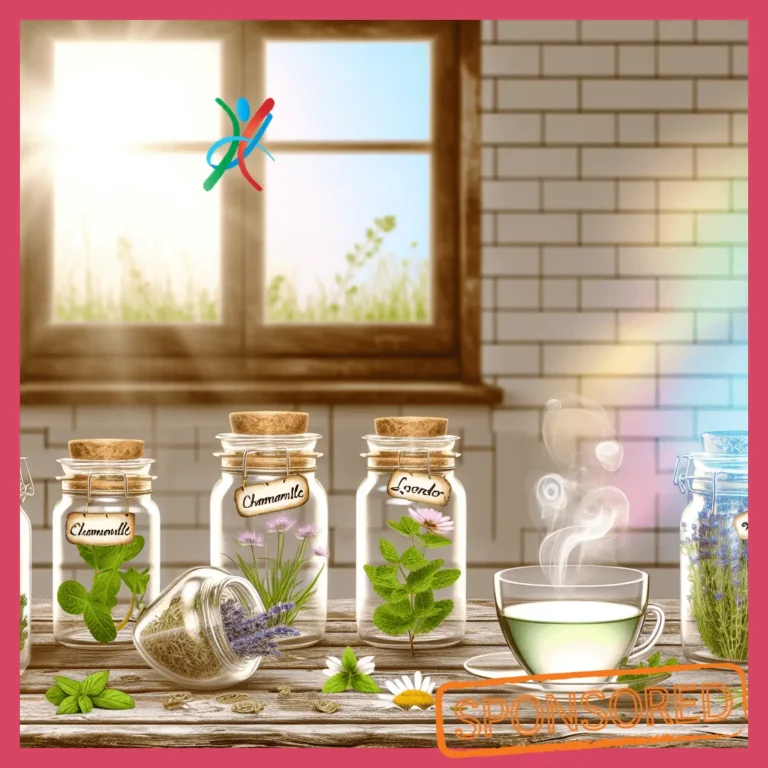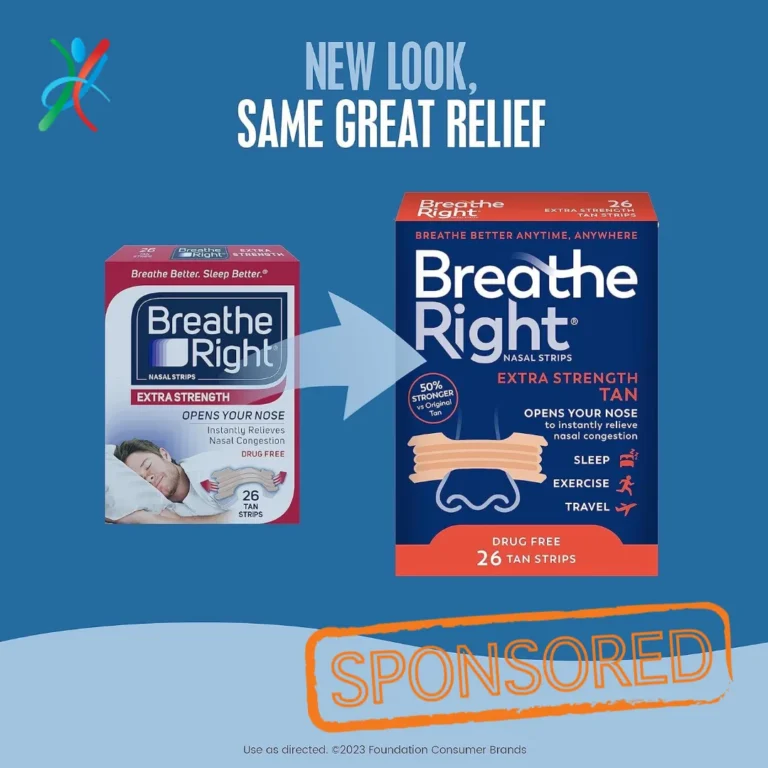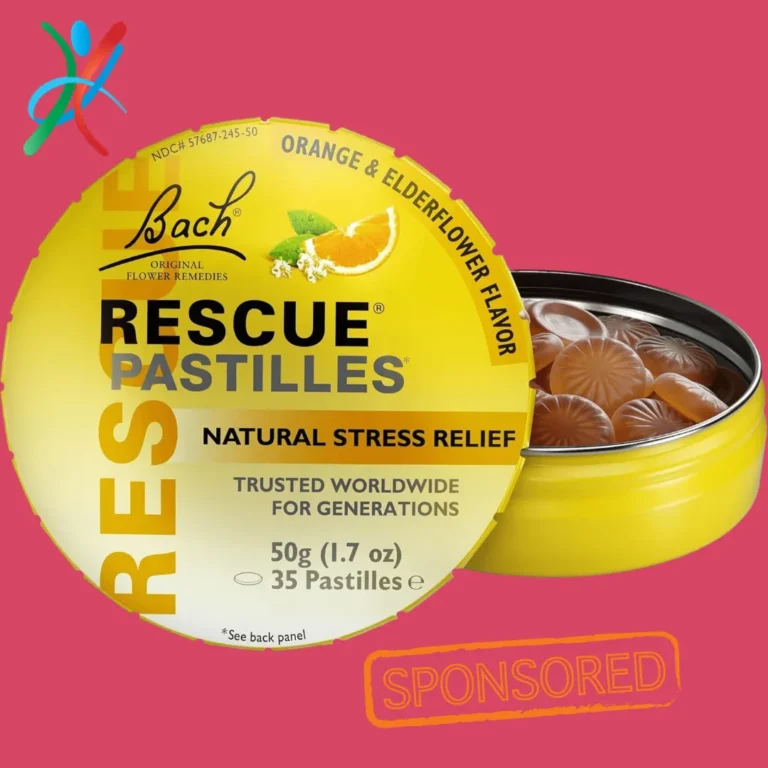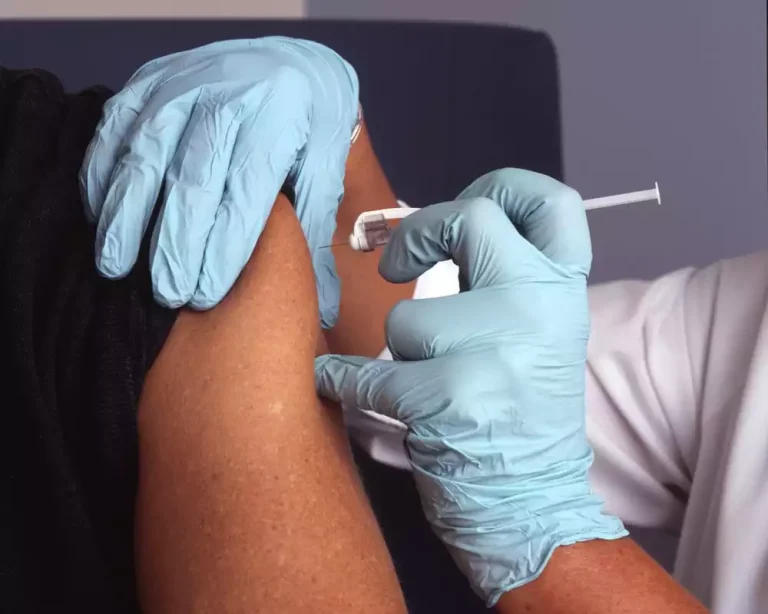Acne Remedies
Imagine waking up on the morning of a significant event, only to find an unwelcome guest glaring back at you from your bathroom mirror: acne.
For many, this scenario is all too familiar and frustrating.
Acne is not just a teenage affliction; it can strike at any age, affecting one’s confidence and overall well-being.
But fear not!
In this article, we will delve into the world of acne remedies—tried-and-true methods as well as innovative solutions that promise clearer skin.
Understanding what causes those pesky pimples is half the battle.
Hormonal fluctuations, diet choices, skincare routines gone awry—all these factors and more contribute to outbreaks.
The good news? There are numerous strategies available to combat acne effectively.
From natural home remedies to advanced dermatological treatments, we’ll explore a spectrum of options tailored for different skin types and severity levels.
Stick with us as we uncover the best ways to achieve that coveted clear complexion once and for all!
Acne is a common skin condition that affects millions of individuals worldwide, regardless of age or gender.
Characterized by the presence of pimples, blackheads, and cysts, acne can have a significant impact on one’s self-esteem and overall quality of life.
While there are numerous over-the-counter products and prescription medications available to treat acne, many individuals are turning to natural and alternative remedies in search of a more gentle and holistic approach.
In this article, we will explore a variety of acne remedies that have been shown to be effective in reducing the severity and frequency of breakouts.
From dietary changes and lifestyle modifications to herbal supplements and skincare routines, we will discuss the science behind these remedies and how they can help improve the appearance of acne-prone skin.
Whether you are dealing with occasional blemishes or chronic acne, this comprehensive guide will provide you with the knowledge and tools you need to achieve clearer, healthier skin.
Say goodbye to frustrating breakouts and hello to a radiant complexion with these proven acne remedies.
Table of Contents Acne Remedies
Effective remedies for persistent acne
For individuals struggling with persistent acne, incorporating a consistent skincare routine can prove beneficial.
Start by using a gentle cleanser twice daily to remove excess oil and impurities from the skin.
Incorporating products containing ingredients such as salicylic acid or benzoyl peroxide can help to unclog pores and reduce acne-causing bacteria.
Additionally, regular exfoliation can help to remove dead skin cells that may contribute to breakouts.
It is important to remember that consistency is key when it comes to managing acne, and seeking advice from a dermatologist can help tailor a treatment plan specific to individual skin needs.
Natural solutions to combat acne
When combating acne, incorporating natural remedies into your skincare routine can offer effective solutions.
Utilizing ingredients like tea tree oil, known for its antibacterial properties, can help reduce inflammation and combat acne-causing bacteria.
Aloe vera gel, with its soothing and healing properties, can also aid in reducing redness and promoting skin repair.
Additionally, incorporating a balanced diet rich in fruits and vegetables can provide essential nutrients for healthy skin and help combat acne from within.
These natural solutions, combined with a consistent skincare regimen, can help in effectively managing acne and promoting clearer, healthier skin.
Lifestyle changes to improve skin
To enhance the overall health and appearance of your skin, it is beneficial to embrace certain lifestyle adjustments that can positively impact skin quality.
Adequate hydration plays a crucial role in maintaining skin elasticity and promoting a clear complexion, so ensure you drink plenty of water throughout the day.
Regular exercise not only boosts blood circulation, which can aid in skin cell regeneration, but it also helps in reducing stress levels, which can contribute to breakouts.
Additionally, getting sufficient sleep is vital for skin repair and rejuvenation, as the body regenerates cells during rest.
Avoiding excessive sun exposure and using sunscreen can protect the skin from harmful UV rays that can accelerate aging and lead to skin damage.
Incorporating these lifestyle changes alongside a proper skincare routine can lead to improved skin health and a radiant complexion.
Dermatologist-recommended treatments for acne
For effective management of acne, dermatologists often recommend topical treatments containing ingredients such as benzoyl peroxide, salicylic acid, or retinoids, which help in unclogging pores, reducing inflammation, and preventing new blemishes.
In cases of moderate to severe acne, oral medications such as antibiotics, hormonal treatments, or isotretinoin may be prescribed to target underlying causes and minimize breakouts.
Dermatologists may also suggest professional treatments like chemical peels, microdermabrasion, or laser therapy to improve skin texture, reduce scarring, and control acne flare-ups.
It is essential to consult a dermatologist to determine the most suitable treatment plan based on individual skin type, severity of acne, and overall health considerations.
Holistic approach to clear skin
An integrative approach to achieving clear skin involves more than just targeting the external symptoms of acne.
It encompasses a holistic view that addresses internal factors contributing to skin health.
Incorporating a balanced diet rich in antioxidants, essential fatty acids, and vitamins can support skin rejuvenation and regulate oil production.
Stress management techniques such as mindfulness, yoga, or meditation can help reduce cortisol levels, a hormone linked to acne flare-ups.
Additionally, maintaining proper hydration, adequate sleep, and regular physical activity can promote overall well-being and enhance skin vitality from within.
By nurturing the body and mind through a comprehensive holistic approach, individuals can potentially achieve clearer, healthier skin in the long term.
In conclusion, dealing with acne can be a frustrating and challenging experience for many individuals.
However, it is important to approach the treatment of acne with patience, consistency, and the guidance of a medical professional.
There is a wide range of remedies available, from over-the-counter treatments to prescription medications, that can help manage and reduce acne breakouts.
It is essential to remember that what works for one person may not work for another, so it may require some trial and error to find the most effective solution.
Additionally, maintaining a healthy skincare routine, eating a balanced diet, and managing stress levels can also play a significant role in improving skin health.
By taking a holistic approach to acne treatment and seeking professional advice when needed, individuals can achieve clearer, healthier skin and boost their overall confidence and well-being.
FAQ
What are some natural remedies for treating acne, and how effective are they compared to over-the-counter products?
Natural remedies for treating acne include tea tree oil, honey, aloe vera, and green tea.
These remedies can be effective for some individuals in reducing inflammation and fighting bacteria on the skin.
However, their effectiveness may vary from person to person and may take longer to show results compared to over-the-counter products containing ingredients like benzoyl peroxide or salicylic acid.
Over-the-counter products are often formulated with specific concentrations of active ingredients proven to treat acne effectively and may provide quicker results for some individuals.
It is essential to consult with a dermatologist to determine the best treatment approach for individual skin concerns.
Are there any dietary changes or supplements that can help improve acne-prone skin?
Incorporating a balanced diet rich in fruits, vegetables, whole grains, and lean proteins can help improve acne-prone skin.
Avoiding foods high in sugar and processed oils may also be beneficial.
Additionally, incorporating supplements like zinc, omega-3 fatty acids, probiotics, and vitamin A may help improve skin health and reduce acne.
It’s important to consult with a healthcare provider or dermatologist before making significant dietary changes or adding supplements to your routine.
How do different types of acne treatments, such as salicylic acid, benzoyl peroxide, and retinoids, work to clear up acne?
Salicylic acid works by exfoliating the skin, unclogging pores, and reducing inflammation.
Benzoyl peroxide kills bacteria on the skin, reduces inflammation, and helps to clear blocked pores.
Retinoids work by promoting skin cell turnover, preventing clogged pores, reducing inflammation, and promoting the shedding of dead skin cells.
Each of these treatments targets different aspects of acne development to help clear up breakouts and prevent new ones from forming.
What are some common mistakes people make when trying to treat their acne, and how can they be avoided?
Some common mistakes people make when trying to treat their acne include over-washing the face, using harsh products that strip the skin of its natural oils, picking or squeezing pimples, and not being consistent with their skincare routine.
To avoid these mistakes, it is important to cleanse the face gently twice a day, use non-comedogenic and gentle products, refrain from picking at the skin, and stick to a consistent skincare routine with products that work for your skin type.
It is also advisable to consult a dermatologist for personalized advice and treatment options.
Are there any lifestyle factors, such as stress or lack of sleep, that can contribute to acne breakouts, and how can they be managed to improve skin health?
Yes, lifestyle factors like stress and lack of sleep can contribute to acne breakouts by disrupting hormone levels and increasing inflammation.
To improve skin health, managing stress through techniques like meditation or exercise, getting adequate sleep, maintaining a healthy diet, and establishing a consistent skincare routine can help prevent breakouts and promote clearer skin.
Additionally, staying hydrated, avoiding harsh chemicals in skincare products, and seeking professional help when needed can also be beneficial in managing acne.

